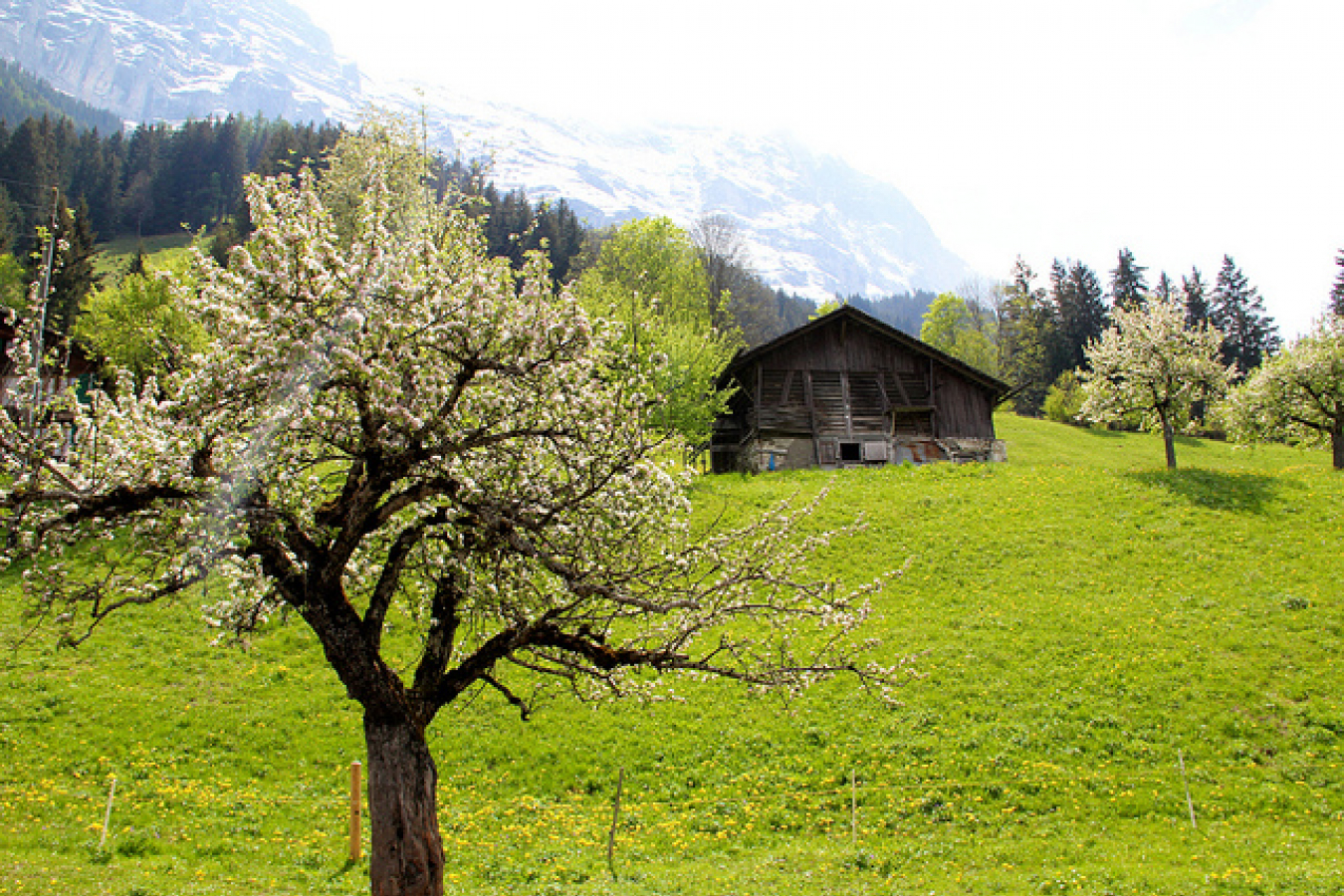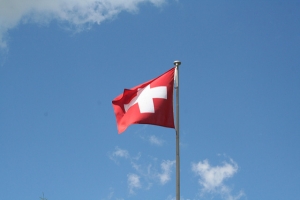Support migrant centric journalism today and donate

 • Watch This Video
• Watch This VideoSupporters of a plan to further restrict immigration in Switzerland, to be voted on in a referendum next weekend, cannot be accused of xenophobia, an expert says. Historian Thomas Gees says the debate on the issue is marked by fundamental differences between the left and right in Switzerland and fails to take account of European integration.
Opponents often forget that any law on immigration is discriminatory by definition, says Gees who worked for a commission of eminent historians on the role of Switzerland during the Holocaust era.
"Otherwise we would have to turn back the clock by nearly 100 years when immigration was not restricted at all."
The new law aims to limit immigration from countries outside the European Union and the European Free Trade Association (EFTA). Exemptions will be made for highly skilled workers.
Approved by parliament last year, the law was challenged by the Green Party and aid organisations that collected enough signatures to force the referendum.
"Ideology and prejudice is part of the discussion. I'm convinced that the left challenges the law simply because it carries the marks of the [rightwing] justice minister. [But] there are good reasons to limit the free movement of people to protect the domestic labour market. And this has next to nothing to do with xenophobia," says Gees.
Up until the 20th century, the shoe was on the other foot. Tens of thousands of people left Switzerland in search of a better life. It was the construction of the railway network that brought a first wave of immigrants - mainly from Germany, France, Italy and Austria - to the country.
High rates
"Switzerland became very attractive in the 20th century for people from neighbouring countries," the historian explains. "In a European comparison, Switzerland has one of the highest rates of foreigners. At the same time, social tensions are very rare."
He says there is an irrefutable logic behind the distinction between EU citizens and other immigrants.
"Switzerland has signed an accord on the free movement of people with the EU, so the immigration law does not apply to these citizens. Besides, the 25-member bloc introduced similar discriminatory measures."
Gees dismisses suggestions that the Swiss law is targeting people from the Balkans who make up the biggest single group of immigrants from non-EU states.
However it is an open question how restrictive the rules for non-European immigrants should be.
In line with EU
"I think Switzerland is unlikely to develop an immigration policy completely independent from the EU," he says.
Cooperation among EU member states is at present very limited. They approved measures to improve the integration of families and set guidelines for student exchanges.
Preparations are also underway for a possible introduction of a common work permit for highly skilled workers from outside the Union.
Otherwise, they take different approaches in dealing with illegal immigration. But Switzerland will have harsher restrictions than the EU, if the law is approved by voters, because immigrants will only be given 12 months to bring any of their children 12 years of age and older into the country.
And anyone found in the country illegally will now face a maximum jail term of 24 months.
Related:• EU short of skilled labor
• EU and EEA labor market trends
• Education initiative to attract students to Europe
• Overseas labour exert positive economic impact in study
• Immigration lessons for Europe from Canada and Australia





















